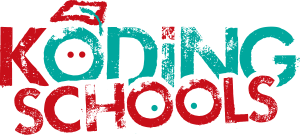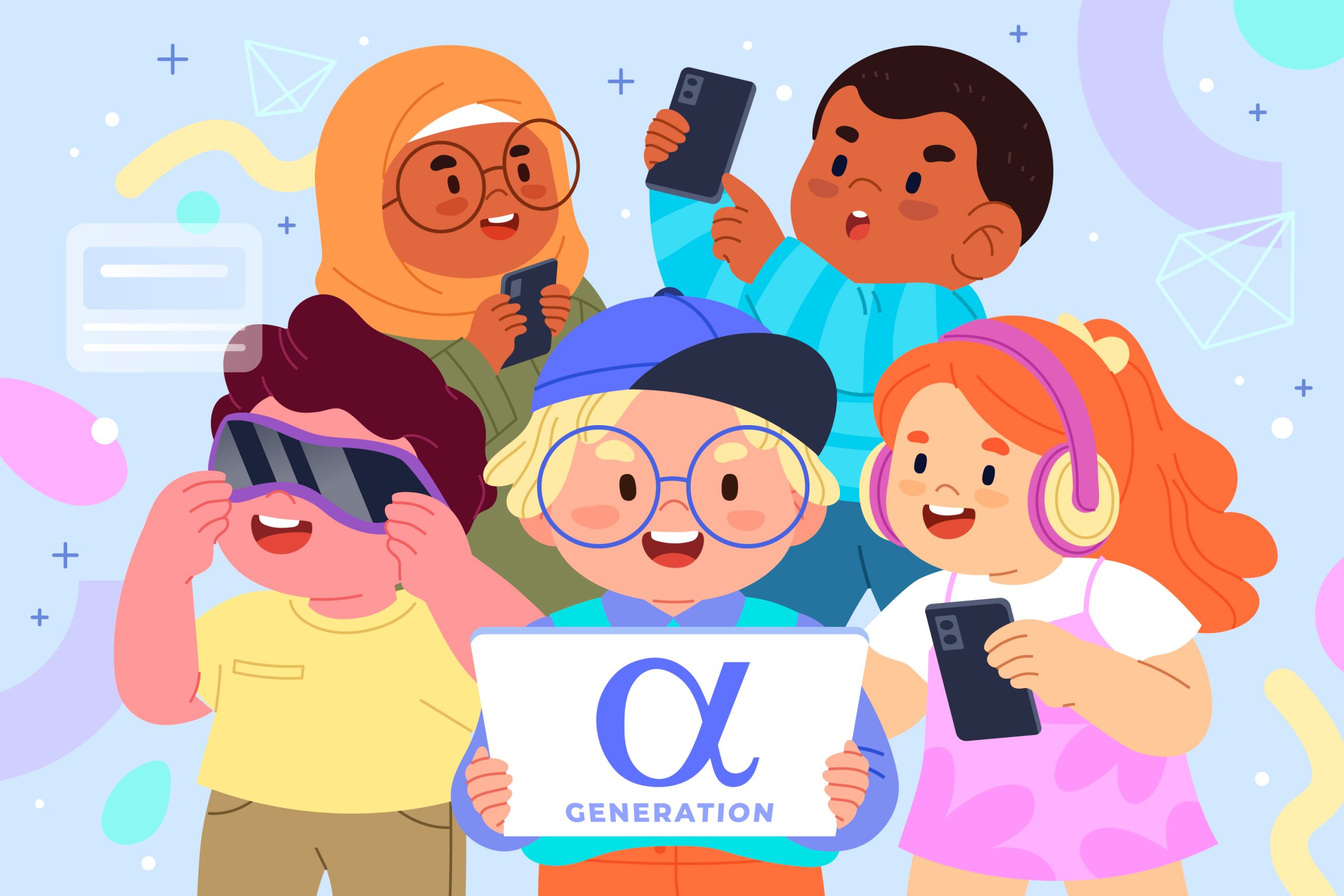How Can We Teach Children to Be Digital Citizens ?
Over the past several years, the Internet has become an integral part of our lives, school, leisure, communication, everything is connected. But are we truly preparing our children to navigate this digital world responsibly ? Our programs, at Koding Schools, for elementary and middle school students include digital citizenship as one of the five core pillars of our teaching approach, with one clear goal: to shape responsible, informed citizens, both online and offline. Here’s why and most importantly, how.
- What Exactly Is Digital Citizenship?
Digital citizenship refers to the ethical and responsible use of technology, and to learning how to live together online just as we do in real life with respect, responsibility, and kindness. According to UNESCO (2024), it means teaching students how to access, create, communicate, and participate online, while avoiding traps such as misinformation or cyberbullying¹.
- Why Start at an Early Age?
Many people think we should wait until adolescence to discuss the internet with children. In reality, it’s crucial to begin in elementary school or even earlier. Waiting too long allows bad digital habits to form². Teaching digital skills early means giving children the right tools from their very first clicks!
- The 5 Key Dimensions of Digital Citizenship
To structure this learning, we focus on five essential categories :
- Digital Well-being and Balance
Technology is fascinating but balance is key. Students need to learn to manage their Screen time and maintain a healthy balance between online life and offline activities like sleep, sports, and face-to-face social interactions. According to the OECD (2019), digital well-being has become critical for the healthy development of children³.
- Digital Identity and Reputation
Everything we post online contributes to our digital identity. Children must understand early on that every action leaves a trace and can affect their future reputation. Teaching them this awareness helps them manage their image in the long run⁴.
- Security, Privacy, and Data Protection
Protecting personal information is essential. The European Commission (2022) emphasizes the importance of teaching students from a young age how to create strong passwords, adjust privacy settings, and recognize cybersecurity risks⁵.
- Online Relationships, Communication, and Ethics
Students must learn to communicate online respectfully, avoid harmful behaviors like cyberbullying, and embrace ethics that are digital and positive. These skills are vital to becoming citizens who can thrive together in the digital world⁶.
- Critical Thinking About Media and Information
Today, being able to spot trustworthy information is just as important as reading or writing. Students need to learn how to detect fake news, Assess sources and think critically, and understand how social mediaand its algorithms influence the content they see. UNESCO (2024) highlights media literacy as a key competency that should be taught early¹.
How Does Koding Schools Support Digital Citizenship in Schools?
At Koding Schools, we integrate all five pillars into our curriculum for every age group. Our content is tailored to fit each developmental stage, ensuring that students’ progress in a meaningful and engaging way throughout their schooling.
- Ages 7–9: We introduce digital topics through simple themes such as managing screen-related emotions and showing respect for others always through playful activities and educational games.
- Ages 10–12: The focus shifts to digital balance, online reputation, and ethical behavior on social media. Debates and practical exercises help students explore these issues and build their own understanding.
- Ages 12–14: We dive deeper into the same themes : digital identity, advanced cybersecurity, and especially critical thinking about media. In-depth discussions and real-world projects make these topics exciting for young teens.
Our Philosophy? Learning Should Always Be Fun, Open, and Positive!
Want to bring innovative teaching methods into your school’s curriculum with ease?
Although 100% digital, Koding Schools can be easily included in school supplies with no extra cost for schools!
Contact us for more information!
Interested in our extracurricular program? (clubs, independent teachers, after-school activities…)
Fill out the form to be the first to hear about it and join our early community!
Sources :
¹ UNESCO (2024). Pourquoi l’éducation à la citoyenneté mondiale numérique est essentielle. UNESCO Publishing.
² Ministère de l’Éducation Nationale (2023). Lettre ÉduNum « Éduquer à la citoyenneté numérique ». Eduscol.
³ OCDE (2019). Keeping children happy, healthy and safe in the digital age. OECD Publishing.
⁴ Ministère de l’Éducation Nationale (2023). Cadre de référence des compétences numériques (CRCN). Eduscol.
⁵ Commission Européenne (2022). Better Internet for Kids (BIK+). Shaping Europe’s Digital Future.
⁶ Conseil de l’Europe (2019). Manuel d’éducation à la citoyenneté numérique. Conseil de l’Europe Publishing.








